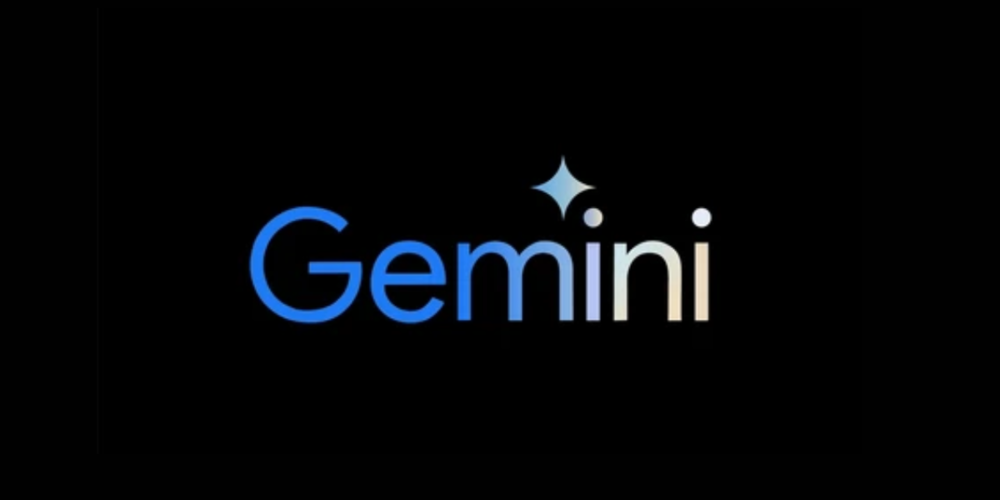Gemini Takes the Wheel: Seamless Navigation with Google Maps
- Mar 28, 2024
- 38

In the rapidly evolving landscape of artificial intelligence, Google's Gemini stands out not just as a testament to Google's commitment to AI but also as a beacon guiding us toward a more integrated digital future. Gemini, the tech giant's next-generation multimodal AI, which also doubles as the revamped identity of Google Bard, encapsulates Google's ambition to weave AI more intricately into our daily lives. Despite being a work in progress with various aspects still under refinement, Gemini's recent update significantly enhances the user experience, particularly in how it handles navigation requests.
The transition from requesting directions to actually embarking on your journey has historically been a bit clunky with digital assistants. Gemini's predecessor, Google Bard, would provide users with a brief overview of the route, including essential details like distance and estimated travel time, alongside a link that, when clicked, would open up Google Maps. This necessitated an additional step that, albeit minor, interrupted the seamlessness of a hands-free experience. Recognizing this hiccup, Google has introduced a pivotal update to Gemini that streamlines the process, thereby edging closer to delivering a truly hands-free navigation experience.
The latest iteration of Gemini, which rolled out on March 25, incorporates an "auto submit" feature for voice commands. This update eliminates the need to interact with the screen to initiate navigation, marking a significant improvement in user interaction. Now, when a user asks Gemini for directions, the assistant not only fetches the necessary information but also seamlessly transitions the user to Google Maps, where the route is waiting and ready to go. This adjustment, although subtle, significantly enhances the fluidity of the user experience, making it more intuitive and less disruptive.
Despite these advancements, Gemini is not without its challenges. The digital assistant still has a long road ahead before it can fully supplant Google Assistant as the go-to AI companion. The current setup requires users to choose between Gemini and Google Assistant, as activating one disables the other. This stark choice underscores the importance of understanding each assistant's strengths and weaknesses to maximize the benefits of the selected AI companion. Moreover, Gemini's integration extends beyond mere navigation assistance, with its capabilities now being tested in Google Messages among some beta users.
In conclusion, while Gemini might still be navigating through its developmental phase, the recent update to its handling of navigation requests marks a significant step forward. By smoothing the transition from requesting directions to starting navigation in Google Maps, Google has addressed a key friction point, thereby enhancing the overall user experience. As Gemini continues to evolve, it's clear that Google is not only refining its AI capabilities but also redefining how we interact with technology in our everyday lives. The journey ahead for Gemini is undoubtedly filled with potential, and this update is just a glimpse of what's to come in our increasingly AI-integrated world.
